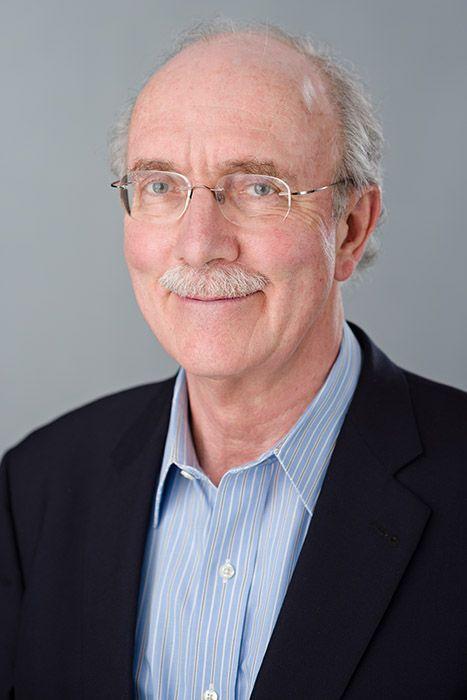John Shattuck comes to CEU after a distinguished career spanning more than three decades in higher education, international diplomacy, foreign policy and human rights. Before coming to CEU, he was CEO of the John F. Kennedy Library Foundation, a national public affairs center in Boston, and Senior Fellow at Tufts University, where he taught human rights and international relations. President Shattuck served as Assistant Secretary of State for Democracy, Human Rights and Labor under President Clinton, playing a major role in the establishment by the United Nations of the International Criminal Tribunals for Rwanda and the former Yugoslavia; assisting an international coalition under UN authority to restore a democratically-elected government to Haiti; and negotiating the Dayton Peace Agreement and other efforts to end the war in Bosnia. Subsequently he served as US Ambassador to the Czech Republic, working with the Czech government to assist in overhauling the country’s legal system, and with Czech educators to support innovative civic education programs in the country’s schools and universities. In recognition of his human rights leadership, he has received the International Human Rights Award from the United Nations Association of Boston; the Ambassador’s Award from the American Bar Association Central and East European Law Initiative; and the Tufts University Jean Mayer Global Citizenship Award.
Prior to his government service, President Shattuck was a Vice-President at Harvard University, taught at the Harvard Law School, and was a Research Associate at the Kennedy School of Government. At Harvard, he was responsible for managing the University’s relations with the federal government, including federal support for research funding and student financial aid. While at Harvard he founded the Cambridge Partnership for Public Education, and worked to expand Harvard’s role in assisting public schools, including the creation of a new program of fellowships for Cambridge and Boston teachers at the Harvard Graduate School of Education. He was also active in expanding Harvard’s public service programs involving students and faculty members. He received the Distinguished Service to Public Education Award in 1990 from the Massachusetts Board of Education, and the Yale Law School Public Service Award in 1988.
Shattuck’s career began at the American Civil Liberties Union, where he served as Executive Director of the Washington Office and National Staff Counsel. He helped enact federal legislation to protect individual privacy and to enforce civil rights in the election process. He also handled a number of prominent civil rights and civil liberties court cases, including the representation of persons who had been targets of illegal surveillance during the Nixon administration. In 1984 he received the Roger Baldwin Award for his national contribution to civil liberties.
Shattuck is the author of three books, including Freedom on Fire, a study of the international response to genocide and crimes against humanity in the 1990s, published by Harvard University Press, and Rights of Privacy, a casebook on US constitutional law and the protection of privacy. He has published more than 50 articles on human rights, civil liberties, international relations, public service and higher education. In 2007 he was elected to the American Academy of Arts and Sciences, and he has received honorary degrees from the University of Western Bohemia in the Czech Republic, the University of Rhode Island, Kenyon College, and the John Jay College of Criminal Justice at the City University of New York.
A graduate of Yale Law School, where he received a JD degree, Shattuck was awarded an MA from Clare College, Cambridge University, with First Class Honors in international law, and a BA from Yale College, magna cum laude and Phi Beta Kappa.

